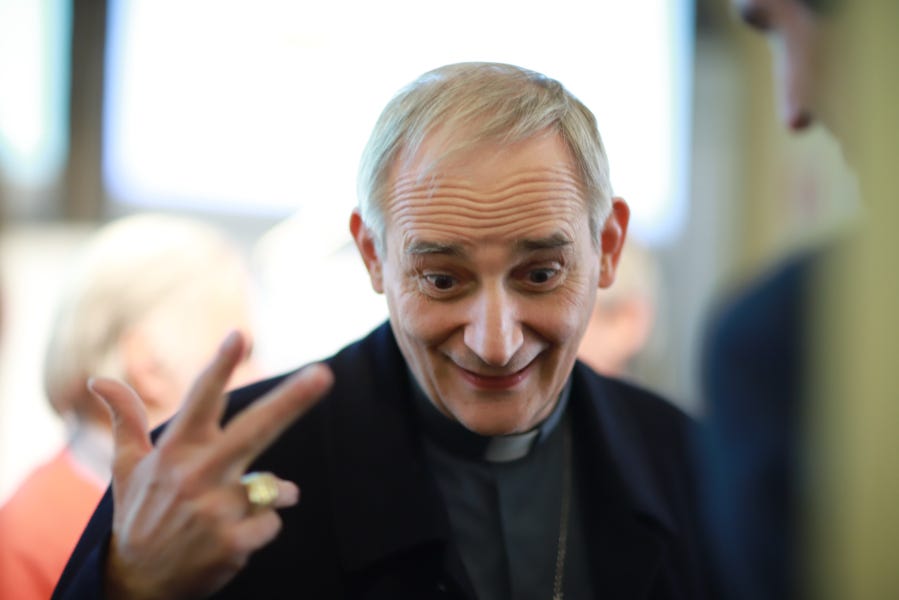Meet the conclave: Cardinal Matteo Zuppi
His journey from shy student to Vatican peace envoy.
Pillar subscribers can listen to this explainer here: The Pillar TL;DR
Matteo Zuppi arrived at his high school on the banks of the Tiber in the revolutionary year of 1968. He was a year ahead of his age group and still wore the short trousers of a younger student, to his great embarrassment.

